If you want a good chance of seeing all seven planets in the upcoming planet alignment, 28 February 2025, you'll need a clear horizon and good, dark skies free from light pollution.
Luckily, the United Kingdom boasts a plethora of dark-sky areas perfect stargazing.
Both the UK's own Dark Sky Discovery body and the US-based DarkSky International have worked with organisations up and down the country to help fight light pollution and ensure our skies remain dark for generations to come.
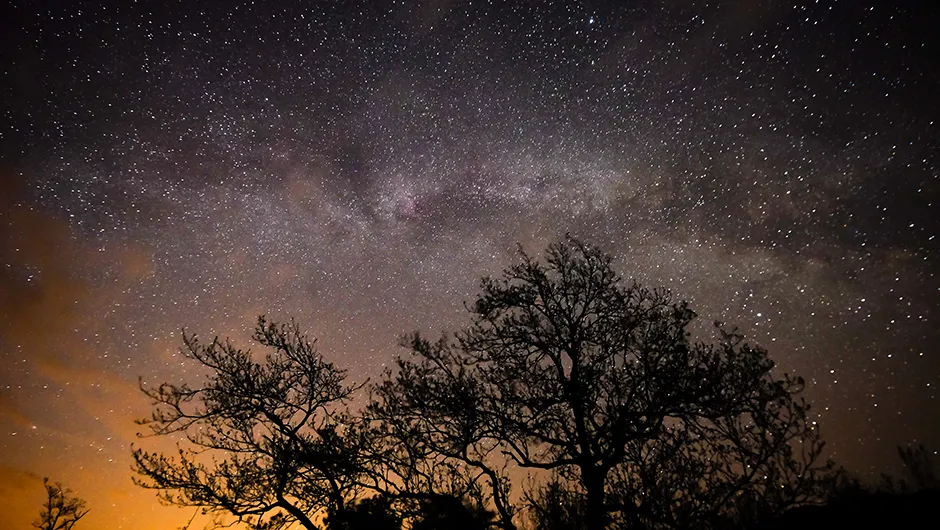
We've selected some of the darkest places in Great Britain and Northern Ireland that welcome stargazers and astronomers to enjoy the quality of their night skies.
If you want to take your telescope with you, it will pay to have something compact and portable. Read our guide to the best travel telescopes for astronomy.
For more general advice, read our guide on how to stargaze.
Bannau Brycheiniog/Brecon Beacons Dark Sky Reserve

Have a glance at a light pollution map of the UK and it becomes obvious why Wales is a top destination for UK stargazers.
Bannau Brycheiniog (Brecon Beacons) is home to the first International Dark-Sky Reserve in Wales and boasts dark skies that offer views of the Milky Way and the constellations.
Brecon Beacons National Park regularly hosts stargazing and meteor-spotting sessions, while Cardiff Astronomical Society can often be found in the area hosting outreach events that include observing the night sky with telescopes or - during summer months - safely viewing the Sun with solar scopes.
The region is also home to a number of Dark Sky Discovery Sites.
More info:
North York Moors National Park
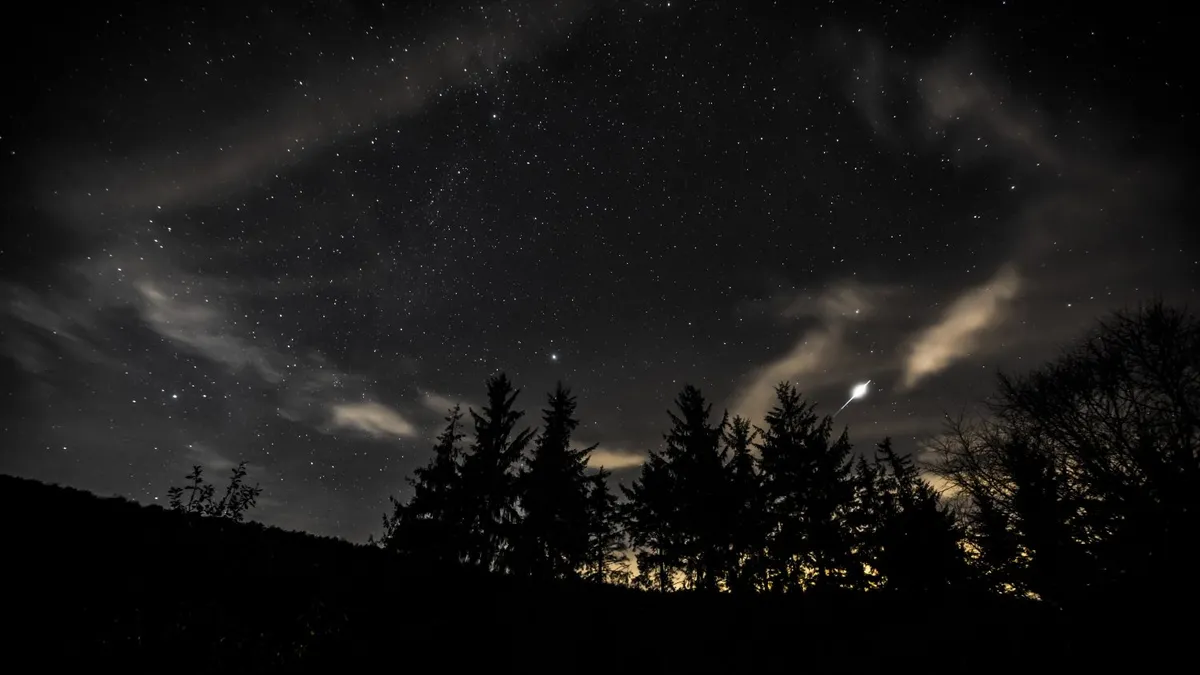
Boasting three Dark Sky Discovery sites (The Moors National Park Centre, Sutton Bank National Park Centre and Dalby Observatories), North York Moors National Park is one of many in the UK offering fantastic views of the Milky Way, planets and meteor showers.
The local National Park authority is clearly aware of just how important their dark skies are, and do a lot to help visitors to the area.
The annual Dark Skies Festival in February boasts astronomy workshops and demonstrations, while numerous star parties and camping events are held throughout the year.
Plus, if you're visiting and want to make the best of the dark skies, there's even a map showing local events and the best stargazing-friendly places to stay.
More info:
Cairngorms National Park
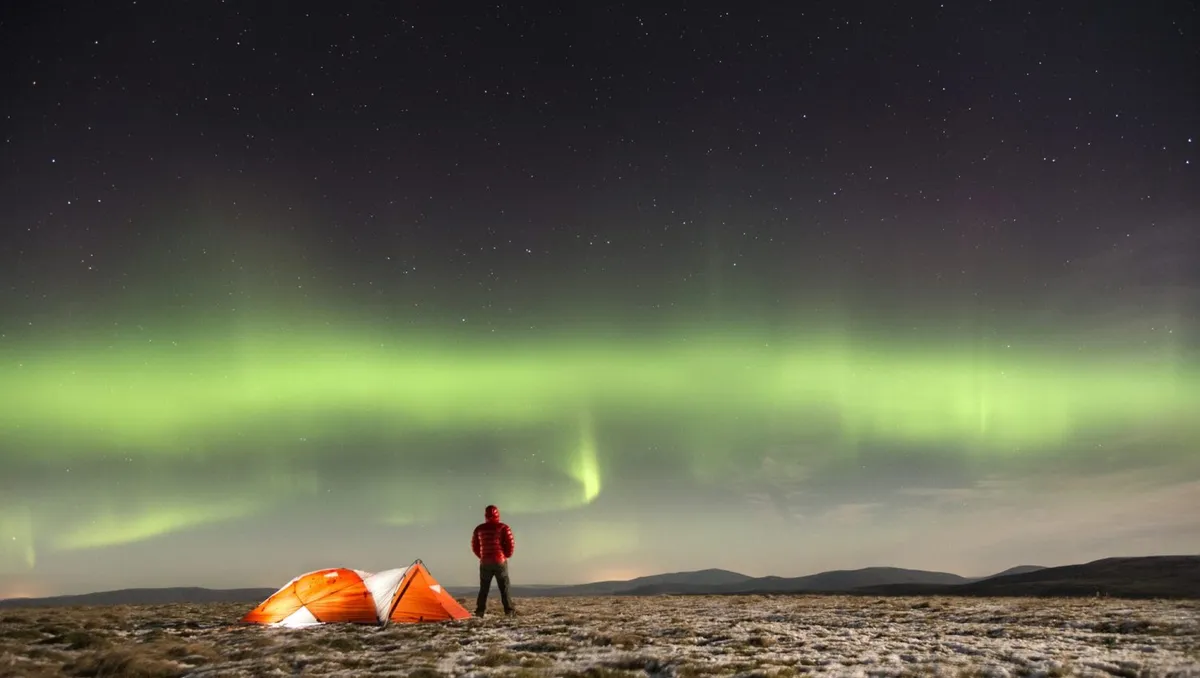
'The most northerly Dark Sky Park in the world' is a title that should be enough to get even the most casual aurora chaser excited, but this is also a great place to see stars, planets and deep-sky objects.
The area around Cairngorms also includes the International Dark Sky Park of Tomintoul and Glenlivet, making it one of the darkest sites in the UK.
The region boasts three Dark Sky Discovery Sites in Glenlivet Estate and a network of mapped-out paths for exploring during the day.
A Dark Skies project, led in tandem with Cairngorms Astronomy Group, is working to improve lighting in residential areas, distilleries and farms: evidence of how seriously the people of the region take their dark skies.
Regular events are held aimed at beginners looking to get serious about astronomy and it is a great place to go if you are interested in seeing the aurora from the UK.
More info:
Exmoor Dark Sky Reserve
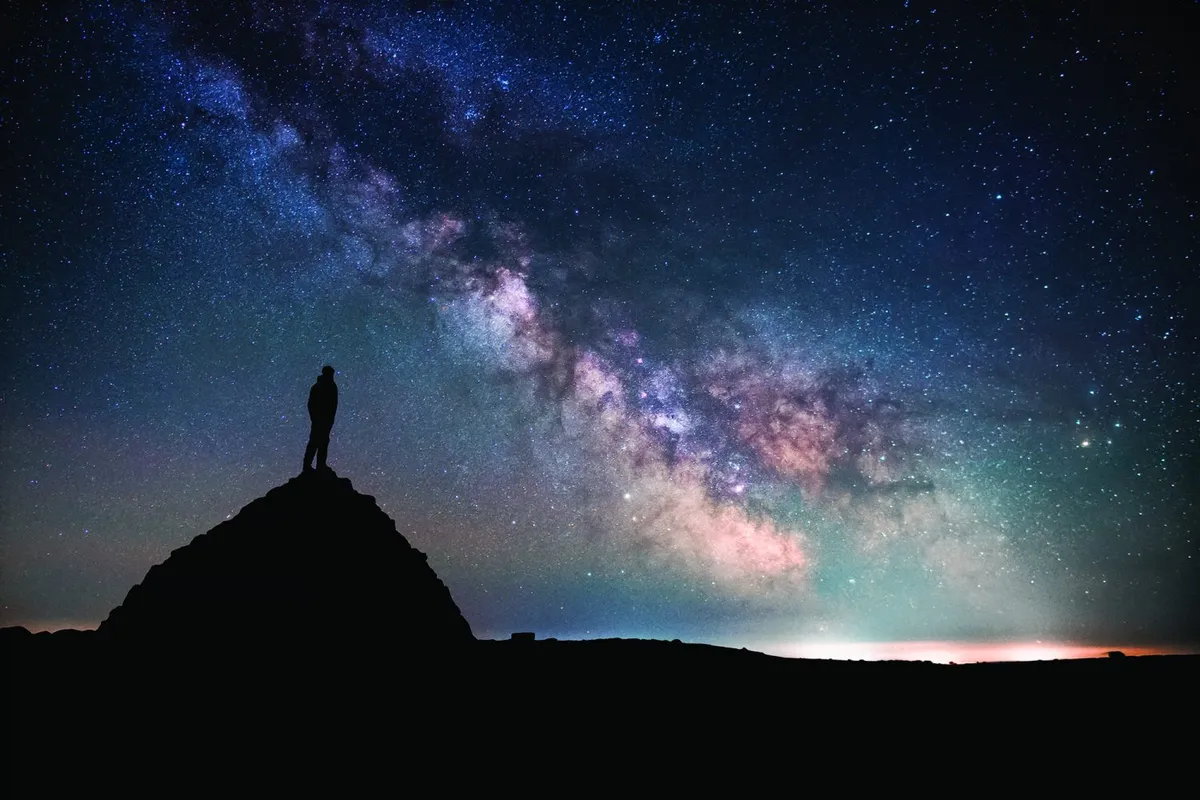
The Exmoor Dark Skies Festival is quickly becoming one of the UK's top astronomy events, which is not surprising considering Exmoor National Park was Europe's first International Dark Sky Reserve.
The festival includes nighttime wildlife walks and mountain biking, as well as guided meteor walks and stargazing sessions.
The Exmoor National Park Authority works to keep the skies dark in this region of southwest England, while the National Park Centres offer telescopes for hire on a nightly basis, should you wish to travel light but still get a closer look at the night sky.
There are also private 'Stargazing Experience' nights that team up visitors with a local astronomer, who will guide them on a journey around the starry night skies of the region.
More info:
The Antrim Coast
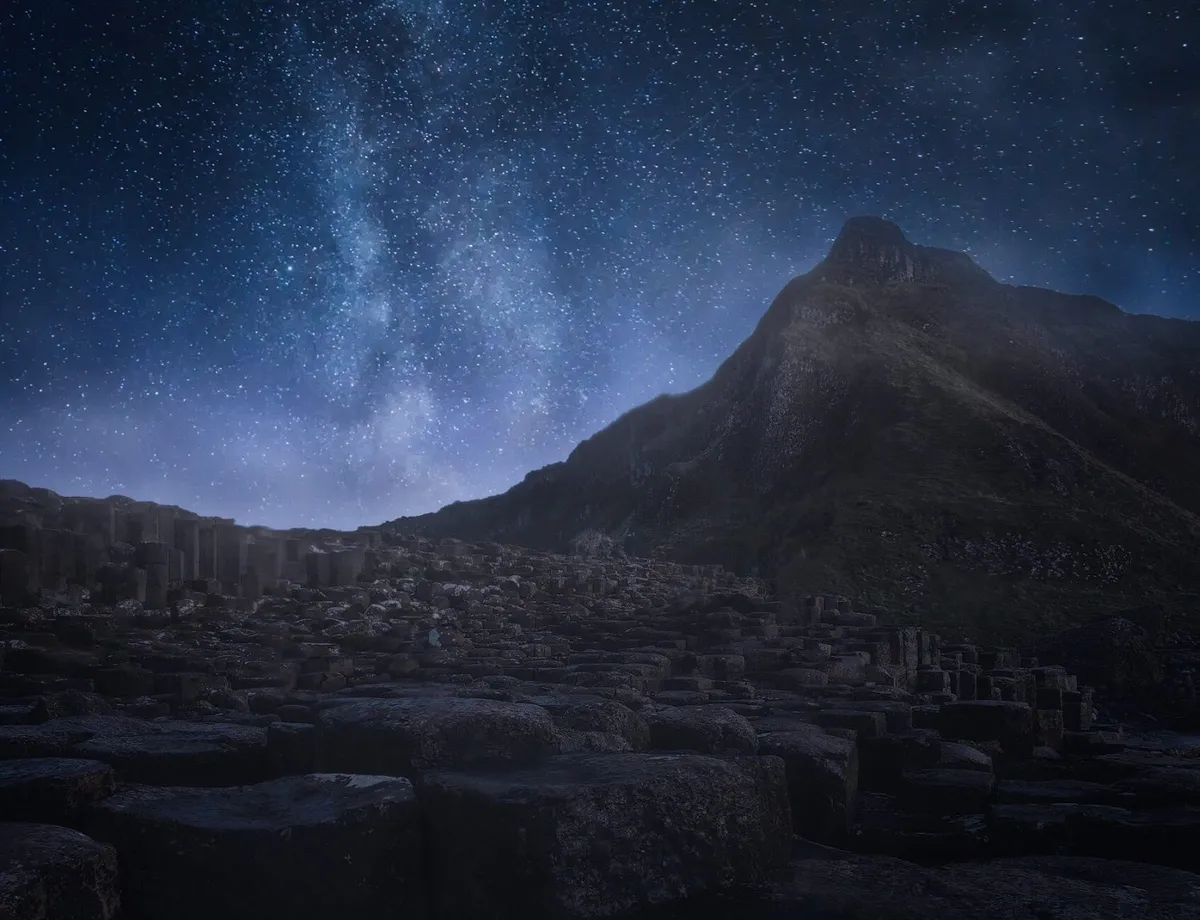
Mention the Antrim coast to anyone who's ever visited Northern Ireland and they'll likely think of the Giant's Causeway and the famous Carrick-a-Rede rope bridge.
What they might not know is that the area is one of the best places in Northern Ireland for stargazing, with Carrick-a-Rede itself having been classified as Dark Sky Discovery Site in 2014.
The north coast has some of the darkest night skies in County Antrim - on the island of Ireland, even - and stargazing sessions are often held locally by the local Northern Ireland Amateur Astronomy Society in tandem with the National Trust.
More info:
Northumberland National Park
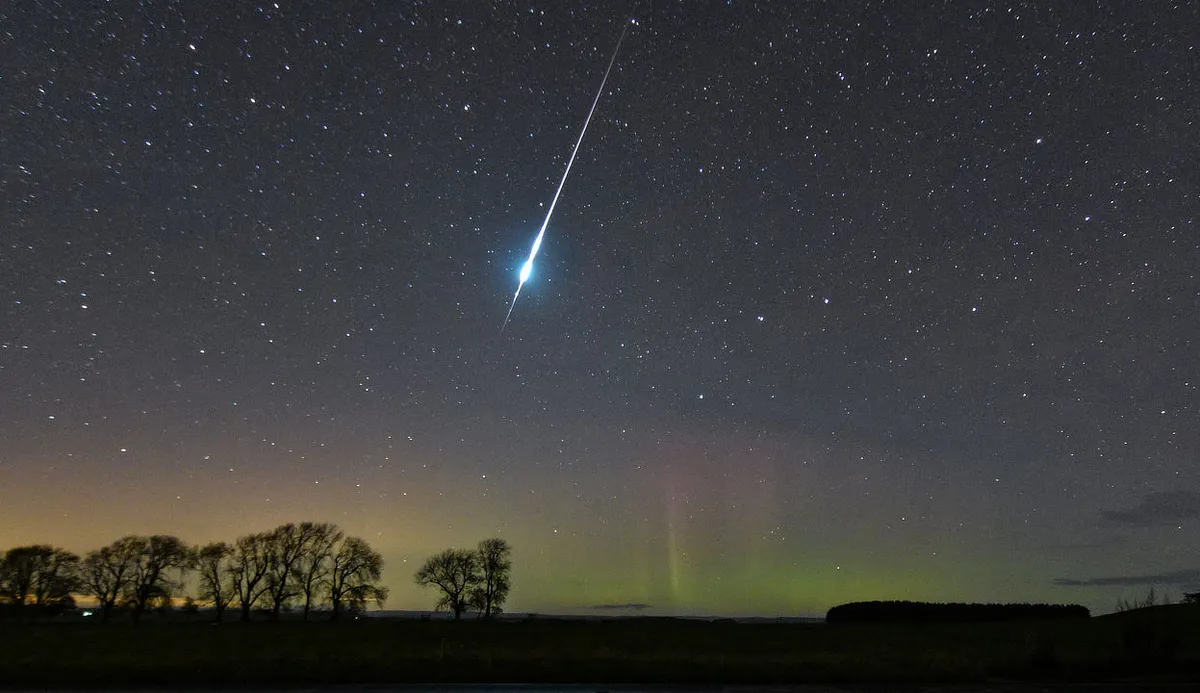
When you think of stargazing in Northumberland, undoubtedly Kielder Observatory springs to mind.
Kielder hosts stargazing sessions and astronomy talks and workshops throughout the year, including introductory tutorials for adults and young astronomers alike.
Perhaps the reason the observatory is so popular is the incredible starry skies that can be seen from its remote location, as anyone who's spent an evening at Kielder will testify.
Northumberland National Park was awarded gold tier status as a Dark Sky Park by DarkSky International, and also boasts numerous Dark Sky Discovery sites, cementing the region's reputation as one of the best for astronomy in Europe.
More info:
Galloway Forest Park

In 2009, Galloway Forest Park became the first Dark Sky Park in the UK, as designated by DarkSky International.
The 300 square miles of forest and hills are make for incredibly dark skies that boast over 7,000 stars visible with the naked eye.
The park has three visitor centres at Glentrool, Kirroughtree and Clatteringshaws, each with Dark Sky information points to help stargazers get the best from the area.
More info:
Elan Valley, Powys
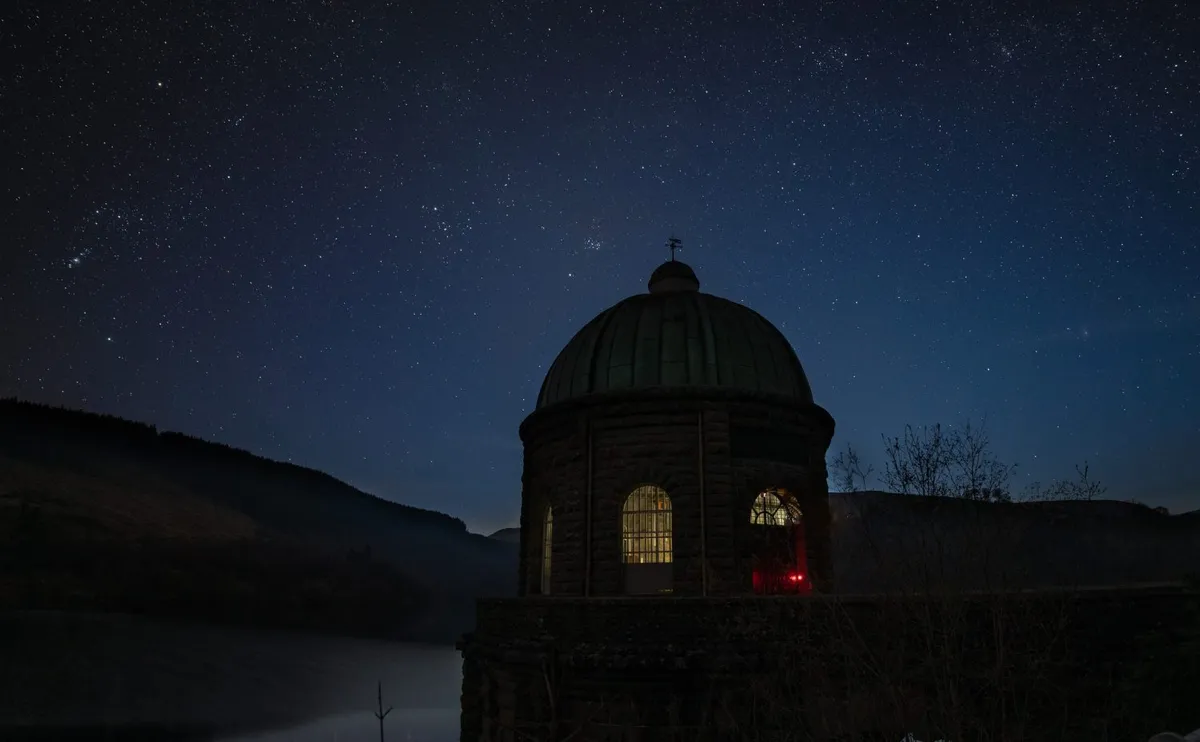
45,000 acres of Elan Valley are protected against light pollution as a result of the region's Dark Sky Park silver-tier status, making this one of the best places for astronomy in Wales.
And that's saying something, considering Wales's status as a stargazing mecca.
There are regular events held at Elan Valley throughout the year, as well as amazing scenery to enjoy during the day time.
Find out more:
Isle of Coll
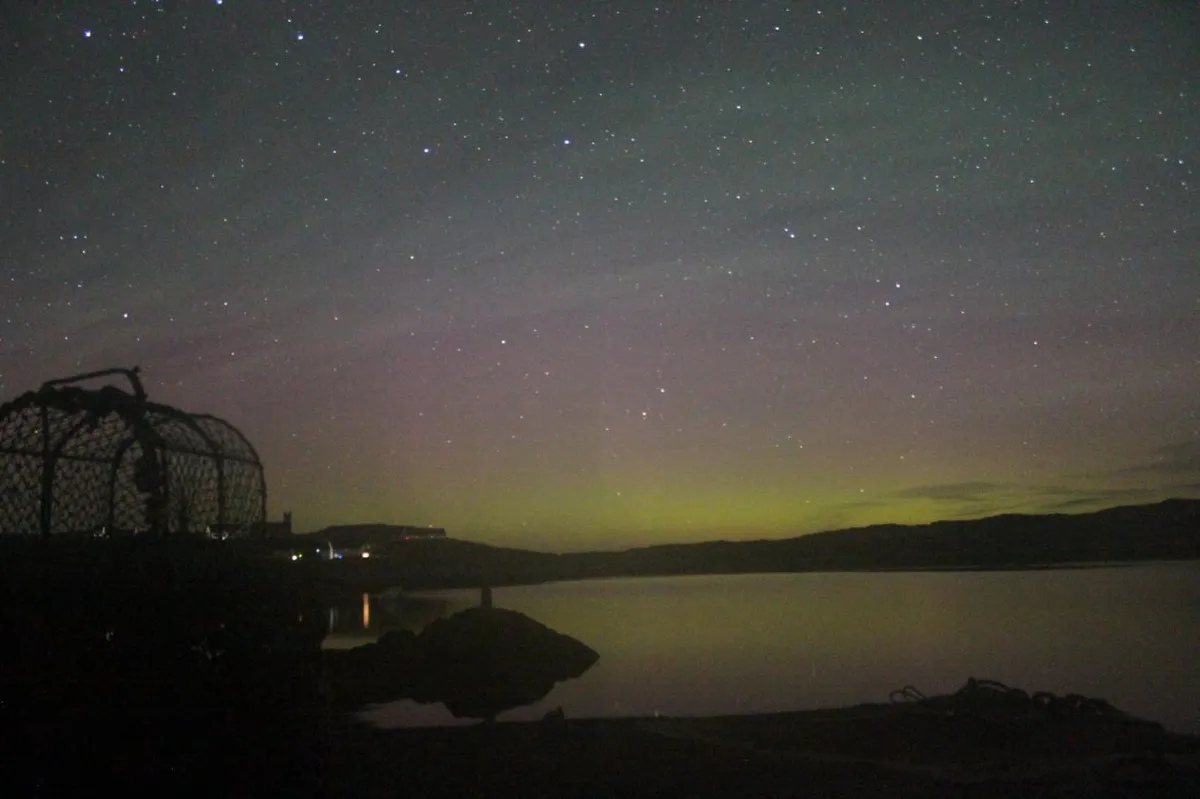
You may have heard of Dark Sky Parks and Dark Sky Reserves. Well, what about a Dark Sky Island?
A lack of streetlights on this island off the west coast of Scotland is evidence of the dedication of many of its residents to ensuring the quality of the night sky above Coll remains among the best in the world.
There are three dedicated spots on the Isle of Coll for stargazing, although in reality most of the island is incredibly dark.
Every spring and autumn, Coll & The Cosmos stargazing weekend is held on the island, offering newcomers the chance to learn how to stargaze with telescopes and binoculars under truly dark skies.
More info:
Oxford Island National Nature Reserve, Armagh
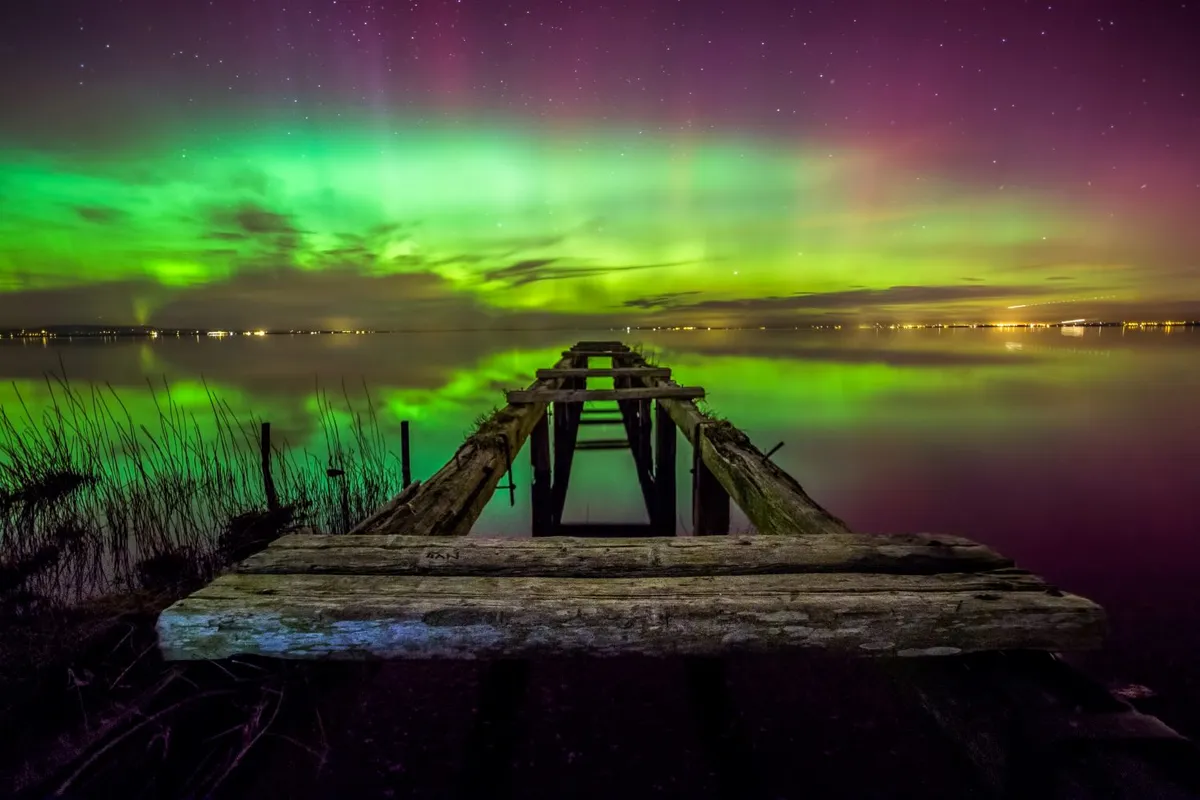
Astronomy enthusiasts in Armagh may already have the Armagh Observatory and Planetarium right on their doorstep, but the county also boasts Oxford Island Nature Reserve on the shores of Lough Neagh.
Oxford Island has played host to BBC Stargazing Live events in the past and is one of the only two Dark Sky Discovery sites currently in Northern Ireland (the other being Carrick-a-Rede on the Antrim coast).
More info:
Eryri Dark Sky Reserve
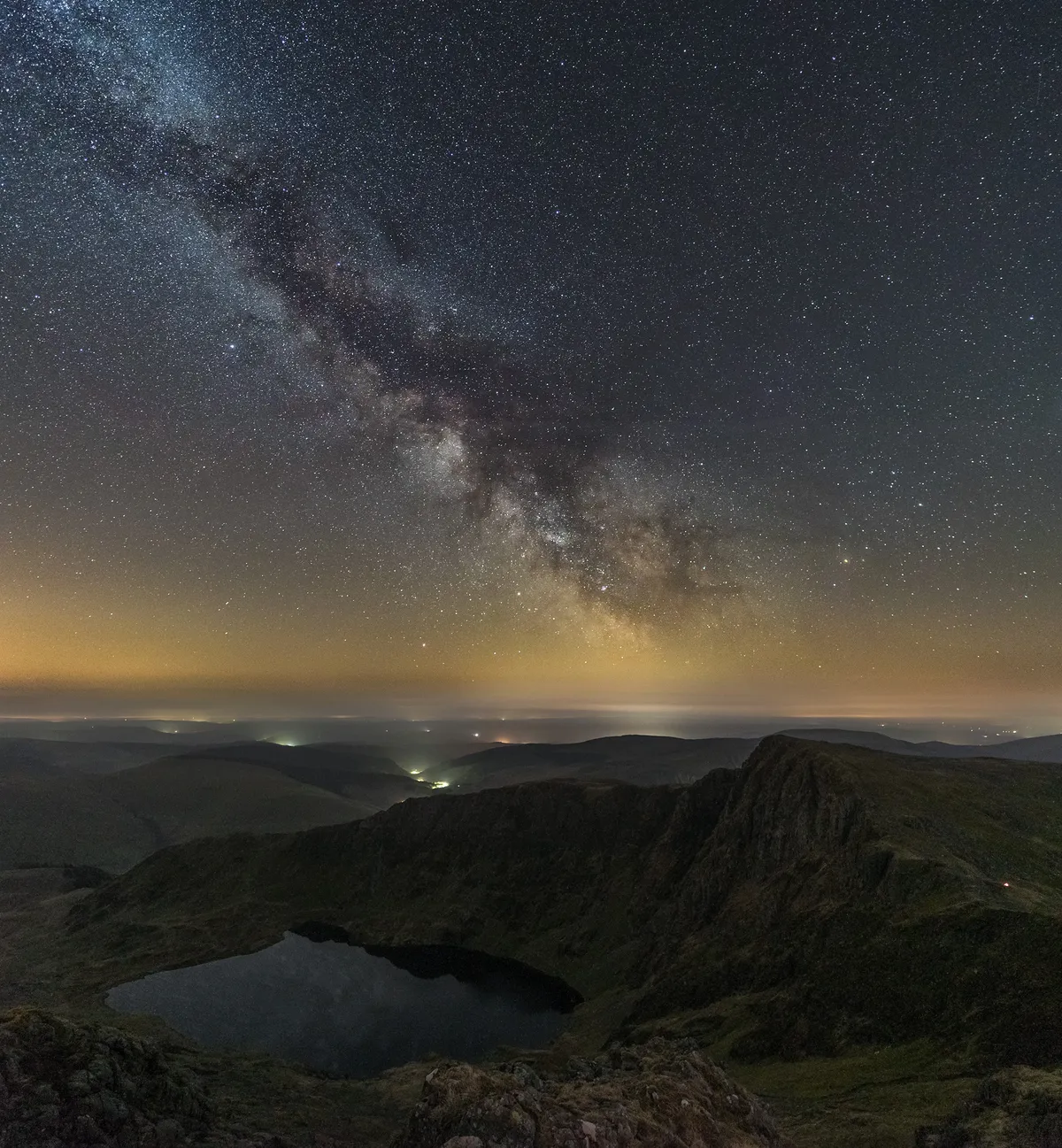
In 2015, Eryri National Park was announced as the 10th International Dark Sky Reserve.
While the pristine dark skies above Eryri National Park are certainly helped by a local dedication to preserving darkness in the area, they are ensured by the fact that north Wales is naturally one of the darkest places in Britain.
The park recommends five particular places of interest to stargazers looking for places to observe in the region: Llyn y Dywarchen; Llyn Geirionydd; Llynnau Cregennen; Bwlch y Groes and Tŷ Cipar.
Although in reality any astronomers in north Wales will be spoilt for choice.
More info
South Downs National Park
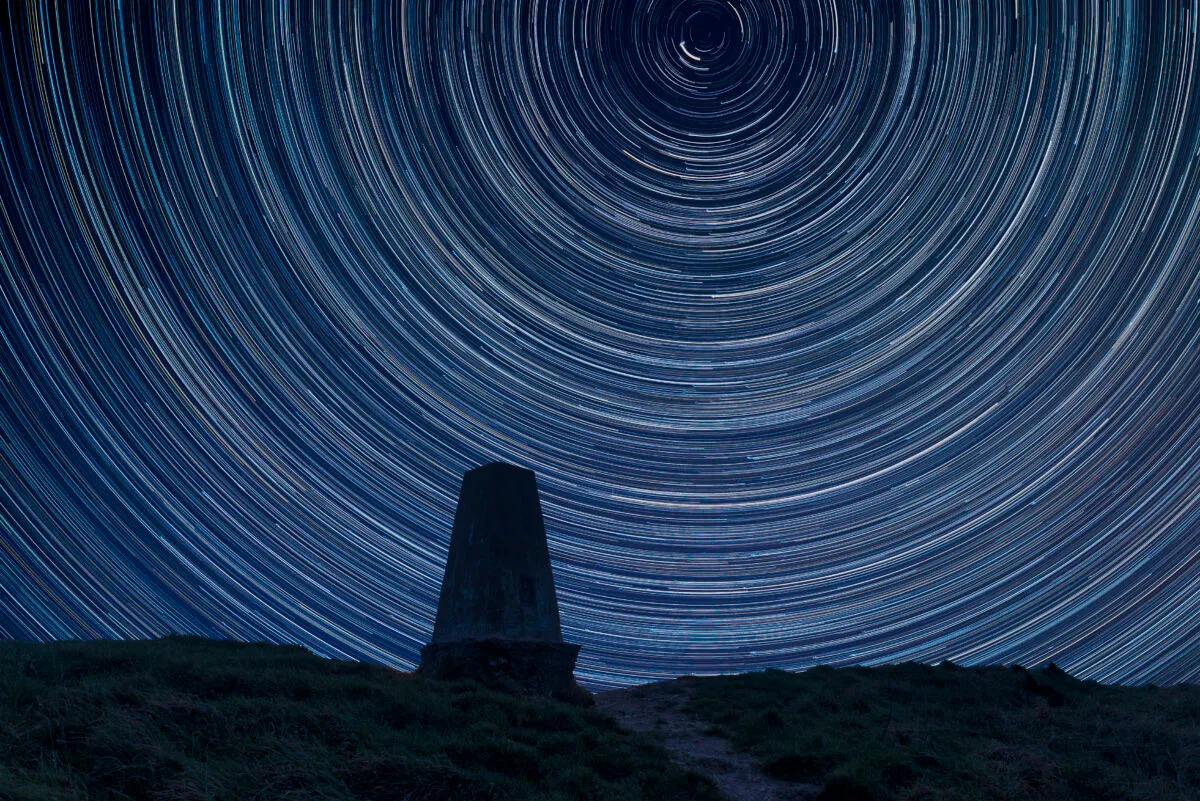
When you think of dark-sky sites in the UK, you might immediately turn to the Scottish Highlands or north Wales, but the south of England has its fair share of protected places, too.
South Downs National Park may look too close to London to be truly dark, but its Dark Sky Reserve status says otherwise.
The park spans 140 kilometres just beyond the south coast, and regular stargazing events are held throughout the area.
The area was also home to the late Patrick Moore, which is why it's known as Moore's Reserve, while the Herstmonceux Observatory Science Centre - once the location of the Royal Observatory - is also nearby.
More info:
OM Dark Sky Park, Tyrone
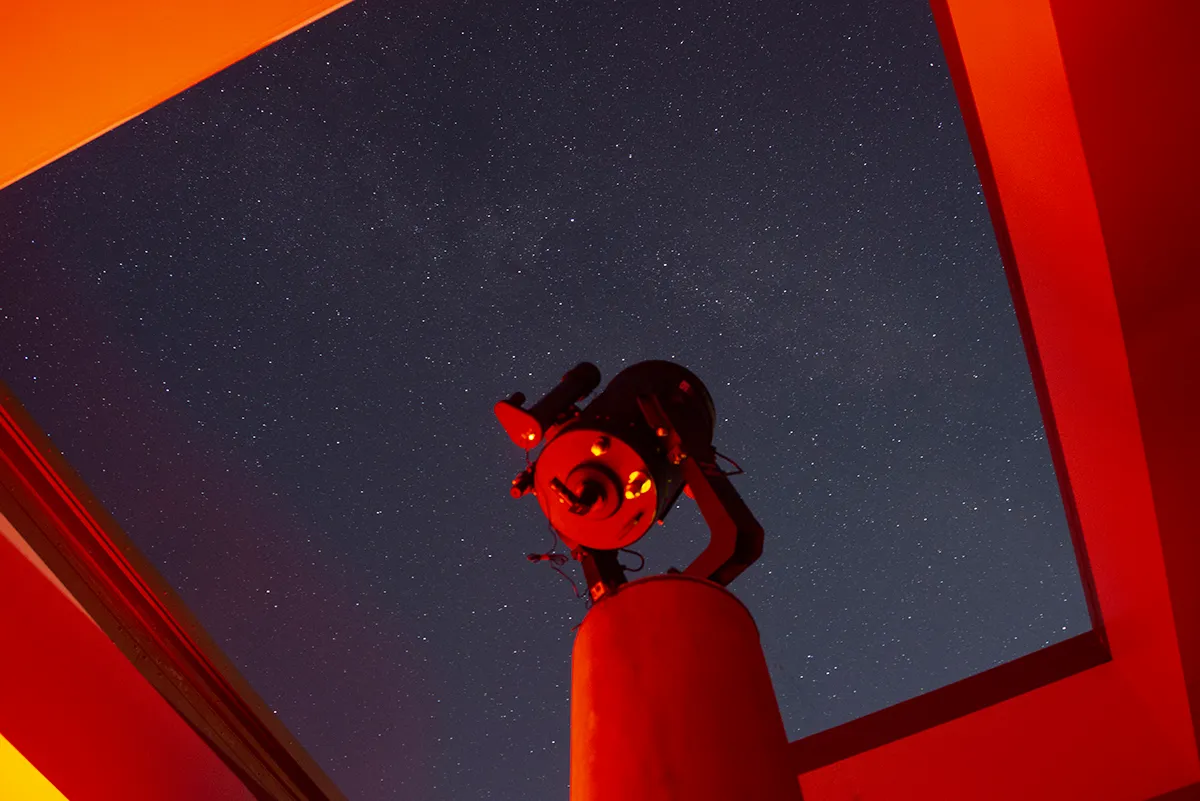
One of the newest additions to Northern Ireland's dark-sky map, the region surrounding OM Dark Sky Park and Observatory in County Tyrone is certified by the DarkSky International as a 'Dark Sky Park'.
It's the first in Northern Ireland and the third IDA 'Dark Sky Place' on the island of Ireland (the others being in County Mayo and County Kerry).
The Dark Sky Park has a visitor centre with guided tours, virtual reality experiences and telescopes, and also hosts regular stargazing sessions.
More info:
What are your favourite places to stargaze in the UK? Let us know by emailing us at contactus@skyatnightmagazine.com or on Facebook, Twitter and Instagram.
